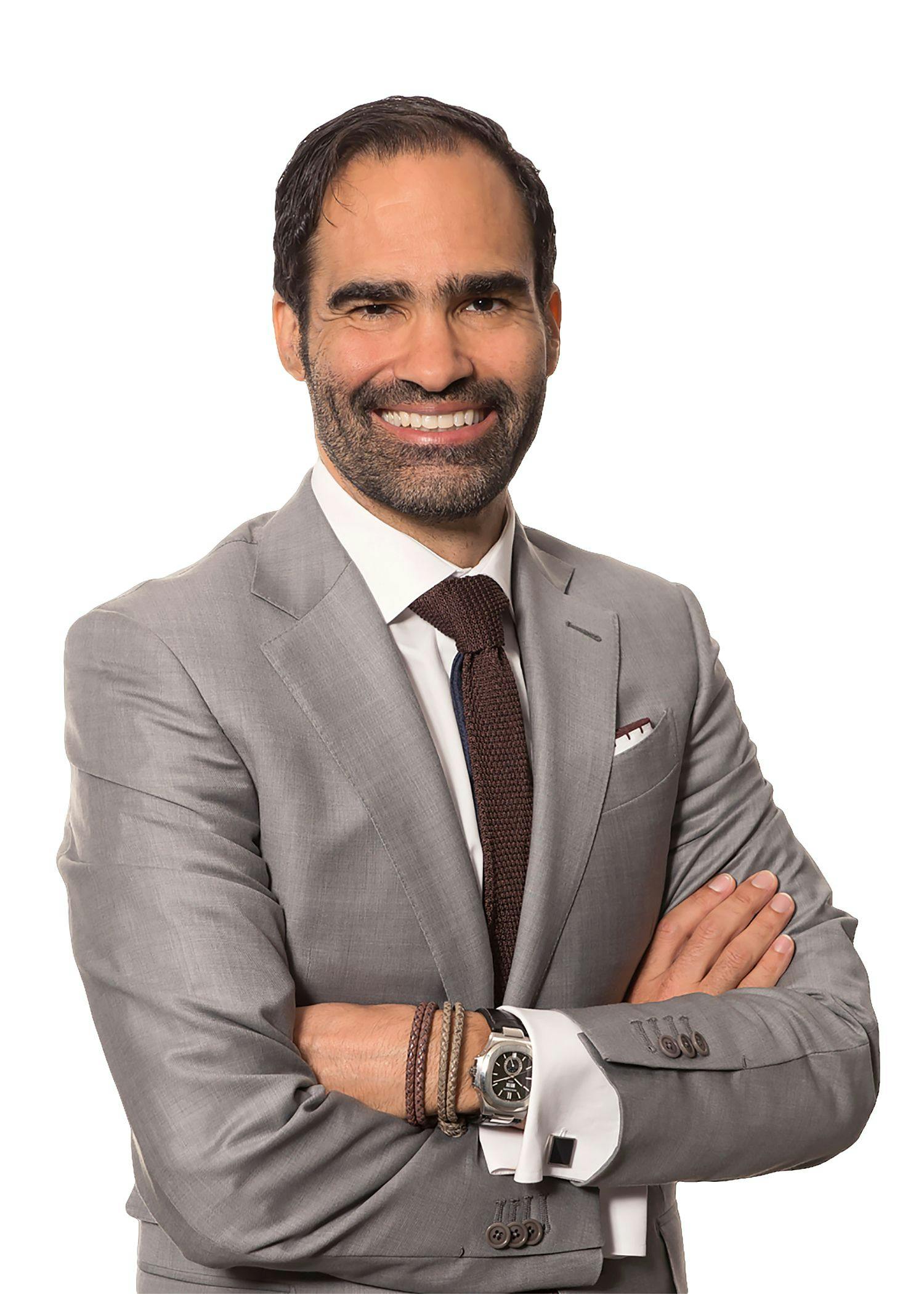In a recent luxury masterclass in Paris with one of the leading luxury groups, I gave a clear recommendation that provoked lots of thought: to prepare your brands for the future, forget millennials and focus on Generation Z.
This recommendation may seem a little too extreme at a first glance. However, I am convinced that the luxury brands that manage to generate the highest relevance among Gen Z will be those who will have a clear advantage in the next decade. Whereas the brands that stay focused on millennials will lose in relevance.
Why do I believe that brands should take this more radical approach when it comes to their target audience? Especially when today, the largest customer group of luxury brands are millennials with about 45 percent of luxury goods sales worldwide, while Gen Z currently contribute to less than 20 percent according to Équité Research? The answer is simple: elder consumers are always influenced in their preferences by younger consumers. Hence, if a brand is relevant to Gen Z, it will have relevance for millennials, too. If a brand fails to connect with Gen Z, millennials will move on, too. This is why understanding Gen Z is so critical.
Today’s Gen Z are under 25 years old; hence they are the emerging luxury customers. Brands better not confuse the lack of age with a lack of income, wealth, and sophistication. Gen Zers are the wealthiest generation who ever entered the market, especially in China as a result of the one-child policy. And being digitally native, they have the highest knowledge about brands than any generation before. If luxury brands got away with sometimes mediocre service in the past, this new generation is uncompromising and unforgiving. The stakes were never higher. I would go as far as calling it the new game of luxury.
Traditionally, luxury equaled artistry and craftsmanship — not enough in this new scenario. In a Gen Z influenced era, where 95 percent of purchase decisions happen digitally, maximum customer centricity is needed. Additionally, luxury’s foundation built on hyper-personalized sophisticated experiences has not yet translated into the digital world
—#
a further liability with this hyper-digital generation.
Chinese Gen Z is the most experimental and optimistic generation ever and this means a willingness to spend. Good news then for brands even if they can connect with them. The downside is they often prefer different names to previous generations and find pride in buying local brands. Over the next 5-10 years, I predict a rapid emergence of domestic luxury companies across practically all categories. In fine wines, jewelry, cars, beauty, apparel, and fashion, this is already taking shape. For many incumbent Western brands who don’t adapt now to the preferences of younger locals, the clock is ticking, even if it may not yet be visible in sales numbers.
Gen Z, especially in China, believe in hard work, taking care of health, body, and looks, and rewarding themselves. The most knowledgeable cohort ever, they see luxury as an investment. Ask any marketing or sales director of a luxury brand in China, and the answer you will hear across the board is that the expectation of these young customers towards service and quality by far surpasses any other peer group. On top, for the first time in China, they have put sustainability on the agenda — demanding answers on origin, traceability, and impact. Despite this, I still observe too many brands with the conviction that sustainability does not matter there. They will feel it soon, when their young and affluent buyers turn away if they are not convinced about ESG values. Sustainability morphs from a “nice to have” PR tool into a strategic necessity on the mainland.
The new luxury generation are experience seekers. If it’s not exciting, they leave and never come back (neither digitally or physically). The name of the game here is “unforgiveness.” And many companies don’t pay enough attention or simply apply the Western experience playbook to China yet. Often with catastrophic results. To avoid this, experiences and offers need to be localized.
In this new reality, “Made in China” becomes aspirational to Chinese Gen Z, creating “China chic,” where Chinese origins are not hidden but openly embraced. This idea resonates with the increasingly patriotic generation. Plus, as Chinese female consumers become wealthier and more independent, they will expect more gender equality.
From a brand side, local names are becoming disruptors, using AI preference generation and supply chain innovation to adapt products and experiences in real time. The biggest successes are currently in the fast fashion and entry price segment where brands like Shein are growing meteorically. The fast fashion giant reached 20 billion in sales in just 12 years. This is unprecedented. But make no mistake, with the proof of concept already seen in more price accessible categories, an approach that combines real-time inventory management and A.I. driven demand and amplification will be an integral part of the Chinese luxury brand playbook.
The race has already begun.
It requires a new form of leadership globally (and locally in China) that has embedded deep cultural sensitivity and empathy as well as a fundamental understanding of luxury drivers on all levels. Organizational capabilities and an attitude that can manage the rapid speed of change need to be managed in order to cope with the rapid and exponentially increasing disruption. As a result, there is an urgency to review strategies and focus on desire creation in all dimensions of luxury. This is why Gen Z now matters most.
This is an op-ed article that reflects the views of the author and does not necessarily represent the views of Jing Daily.
Named one of the “Global Top Five Luxury Key Opinion Leaders to Watch,” Daniel Langer is the CEO of the luxury, lifestyle and consumer brand strategy firm Équité, and the executive professor of luxury strategy and pricing at Pepperdine University in Malibu, California. He consults many of the leading luxury brands in the world, is the author of several best-selling luxury management books, a global keynote speaker, and holds luxury masterclasses on the future of luxury, disruption, and the luxury metaverse in Europe, the USA, and Asia. Follow @drlanger



